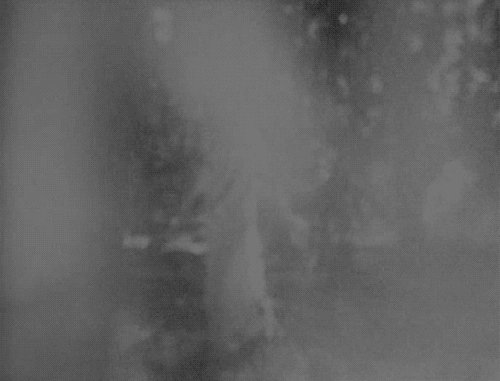By now, most of you would have seen the viral video of a woman sticking her whole upper body out of a car window and dumping a garbage bag into a river in Kelantan recently.
If you have not, here's the video:
While everyone was disgusted with the act, a family member has come forward through a Kelantan-based social media page to explain that it was not rubbish but a saka in the plastic bag that she disposed of.
"Admin was contacted by a family member and he has asked for forgiveness.
"He said that they had just returned from Kuala Kerai and was advised by a traditional medicine practitioner to dispose the saka in a river with flowing water.
"This is why they threw it in the river," explained the admin of the Kelantan Daily page.
The post went on to say that the woman in the video was saddened and depressed by all the comments on social media and called for people to take pity on the family and stop sharing the video.
What's a saka?
While many may have laughed at her excuse, a saka is actually something that many in the community still believe in and fear.
If you don't really know what a saka is, read on.
Saka is believed to be a kind of djinn or syaitan (i.e. supernatural being that one befriends and sort of has a bond with).
Saka doesn't just refer to a type of supernatural being, but rather any type of djinn or syaitan that are kept by a person and can be inherited.
Technically, you can call a saka a family heirloom, but not the kind that you want.

Usually, the first person to 'keep' the saka will do it to protect themselves or their properties. However, there are those who use it to hurt others too.
The disturbing part about a saka is that it could be passed from one generation to another; sometimes without the person inheriting it even knowing about it.
So, if you have a blood relative (including grandparents, parents, aunts or uncles) who has a saka and they die, chances are that you will inherit this supernatural being whether you want to or not.

Can you imagine waking up one day and having a supernatural being interacting with you, calling you its friend or owner? *shudders*
It is said that a saka can be inherited for seven generations.
Incidentally, saka is also the root word for the Malay term for inheritance, pusaka, so it figures.
How do you know if you have a 'saka'?
We're no paranormal or spiritual experts, but according to this post, there are several tell-tale signs that you have a nasty little spirit living inside your body.
Most of the tell-tale signs usually occur in your dreams. Those who have a saka living in their body is said to always dream about:
- Receiving a package from someone
- Falling from a very high place
- Holding or feeding a baby
- Being chased by wild animals, especially snakes

Those who are unlucky enough to inherit a 'saka' will also reportedly suffer physically. Some of the signs include:
- Unexplained bumps and bruises on your body, especially after waking up from sleep
- Unexplained pain on your body, usually the hips, ankles and the joints
- Trouble sleeping at night
- Waking up with nightmares and with the feeling of fear
- Always feeling fatigued and easily irritated
Again, we are no experts, so even if you suffer from any of the above, it doesn't mean that you have a 'saka' in your body.
Maybe it just means that you need to get your body checked as soon as possible?
What are the risks of keeping a saka?
According to this article on Universiti Kelantan Malaysia's website, raising a saka can have adverse effect on a person and his/her family, especially if the saka demands for 'food' and the person fails to provide it.
We're not sure what supernatural beings eat, but we're pretty sure it wouldn't be ayam mask merah and ulam.

The article also explains that a saka can cause physical, emotional and mental issues to the person keeping it.
This could lead to interpersonal communication breakdown, issues in marriages, with family members and friends, as well as involvement in immoral activities.
Sounds like a toxic relationship with someone with very skewed moral compass, if you ask us.
A reason behind the desperate act
So after reading and understanding a bit more about saka, what the woman did kind of makes sense.
Perhaps the family was desperate. Perhaps they truly believed that the only thing to help with their situation was to get rid of that saka.
Whatever it is, we hope that everyone has learnt that it's never ok to dispose of rubbish in that manner and to also not judge too harshly when something goes viral online.







